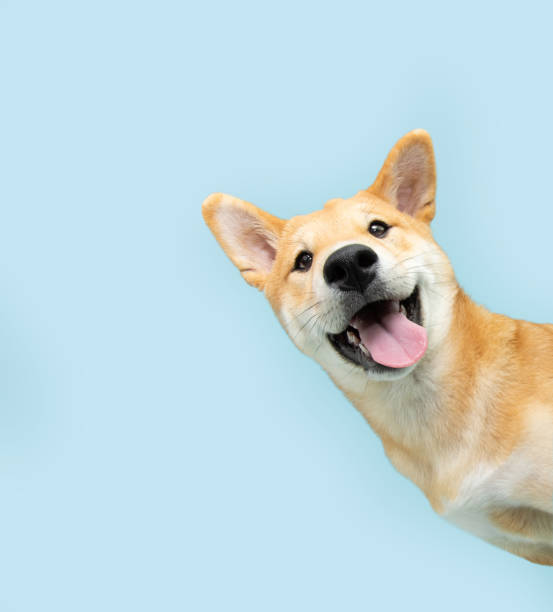
Getting a new puppy is exciting, but the first six months are crucial for their training and development. A well-trained puppy grows into a well-behaved dog. Here’s a detailed step-by-step guide to ensure your puppy learns the right behaviors from the start.
1st Month (8-12 Weeks) – Basic Foundations
At 8-12 weeks, your puppy is in the socialization period, where they are learning about the world.
House Training (Potty Training)
• Set a schedule – Take your puppy out every 2-3 hours, after meals, naps, and playtime.
• Pick a potty spot – Always take them to the place to pee/poop.
• Use positive reinforcement – Praise and give a small treat when they go potty outside.
• Accidents will happen – If your puppy has an accident, never punish them! Clean it with an enzyme-based cleaner.
Basic Commands Start teaching basic commands using treats & rewards:
•Sit – Hold a treat above their head until they sit naturally.
• Come – Call their name excitedly and reward them when they come.
• No/Bite Inhibition – If they bite, say “No” and offer a chew toy instead.
• Socialization Expose your puppy to:
✔ Different people & environments
✔ Other vaccinated pets
✔ Household sounds (TV, vacuum, doorbell)
2nd Month (12-16 Weeks) – Leash Training & Name Recognition
By 12-16 weeks, your puppy should start responding to their name and learning leash
manners.
✔Leash Training
• Use a lightweight leash & harness to introduce them to walks.
• Start indoors first before moving outdoors.
• If they pull, stop walking and wait until they come back to you. Reward good behavior.
Teething Phase
• Provide chew toys to prevent them from biting furniture.
• Use frozen carrots or teething toys for relief.
3rd & 4th Month (16-20 Weeks) – More Advanced Training
At this stage, your puppy should know basic commands. Now, focus on better behavior control.
Stop Jumping & Biting
• Ignore them if they jump (turn away & don’t give attention).
• Say “No” in a firm but calm voice when they bite.
• Encourage calm behavior with treats & affection.
Crate Training (If Needed)
• A crate can be a safe space, not a punishment area.
• Put their bed & toys inside and let them explore it freely.
• Never force them in; let them enter naturally.
5th & 6th Month – Independence & Good Habits
By 5-6 months, puppies become independent & test boundaries. Stay consistent with training!
Feeding Schedule
• Switch from 4 meals to 2-3 meals per day.
• Use high-quality puppy food with balanced nutrition. Daily Exercise & Mental Stimulation
• Increase walk duration to 20-30 minutes daily.
• Use interactive toys & puzzles to keep them engaged.
Final Socialization By now, your puppy should be comfortable with:
✔Meeting new people & dogs
✔ Obeying basic commands
✔ Walking properly on a leash
✔ Final Tips for Puppy Training Success
✔Be patient & consistent – Puppies take time to learn.
✔Always use positive reinforcement – Reward good behavior with treats & praise.
✔ Never punish or yell – This can cause fear & anxiety.
✔Start early vet visits & vaccinations for a healthy puppy.
With the right training, love, and care, your puppy will grow into a well-mannered, happy and obedient dog!



